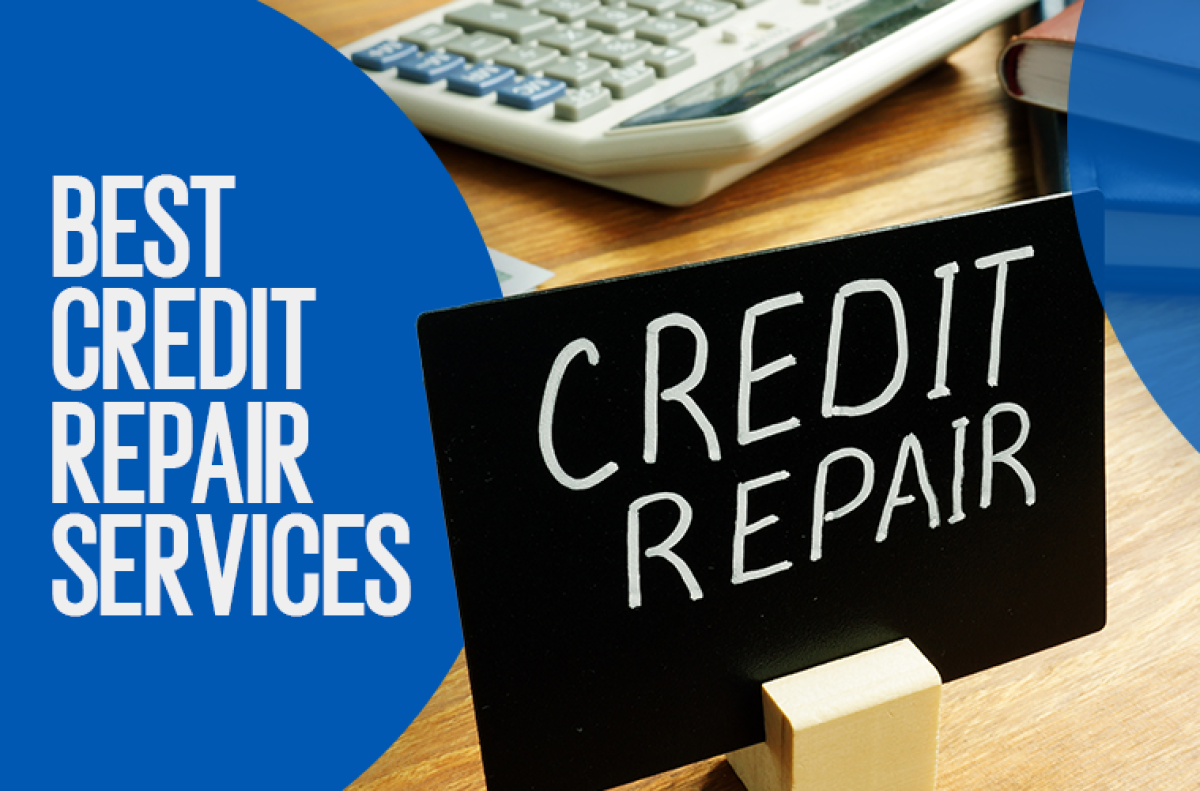The first thing that lenders will check when you apply for credit – whether a loan, mortgage, or a credit card purchase – is your credit score. That’s because before they decide to lend you money, they want to know how good a risk you would be.
Lenders are business people and as business people they always consider the risks involved when they make an investment. The investment is you, of course. Or more precisely, your capacity to pay. If the risk far outweighs the investment, then naturally lenders would turn away from such a deal.
The credit score helps lenders make their decisions easier and faster. Because your credit score is the closest thing to accurate information determinative of your future credit performance, they base their decisions concerning your credit application on this three-digit number.
In short, your credit score is that thing that could make or break your credit application.
For this reason, many consumers have decided to take steps to learn how to improve credit score. Even if you already have good credit standing with your lenders, it still pays to learn more ways on how to improve credit score even further. A good credit score can help ensure that you get the most favorable interest rates. How much more if you’ve got close to perfect credit score?
Below are some steps to help on how to improve credit score:
Improve Your Payment History
Paying your bills on time is the first order of the day when it comes to learning how to improve credit score. Even a few delays in your payment history could take 100 points off your credit score. That’s why it is imperative that you be punctual in making your payments. Lenders value punctuality in making payments above all.
Keep Debt to a Minimum
The next step in learning how to improve credit score is to reduce your debts. Your credit score is partly calculated by comparing credit balance with your outstanding credit. If you have more credit available and lesser debts, this would positively affect your credit score. However, if you have more debts than you have credits available, this could drag down your score to the pits. One way to keep debt to a minimum is to keep your credit card balances low. Also, don’t close those unused accounts just yet because zero balance might help you on how to improve credit score. Don’t open new accounts either as this could lower your credit-to-debt ratio.
Length of Your Credit History
As a general rule, short credit history could mean a low credit score. But after you learn how to improve credit score, you’ll find out that even if you only have three years of credit history, it would have only minimal impact on your credit score, so long as you follow the above-given advice.




